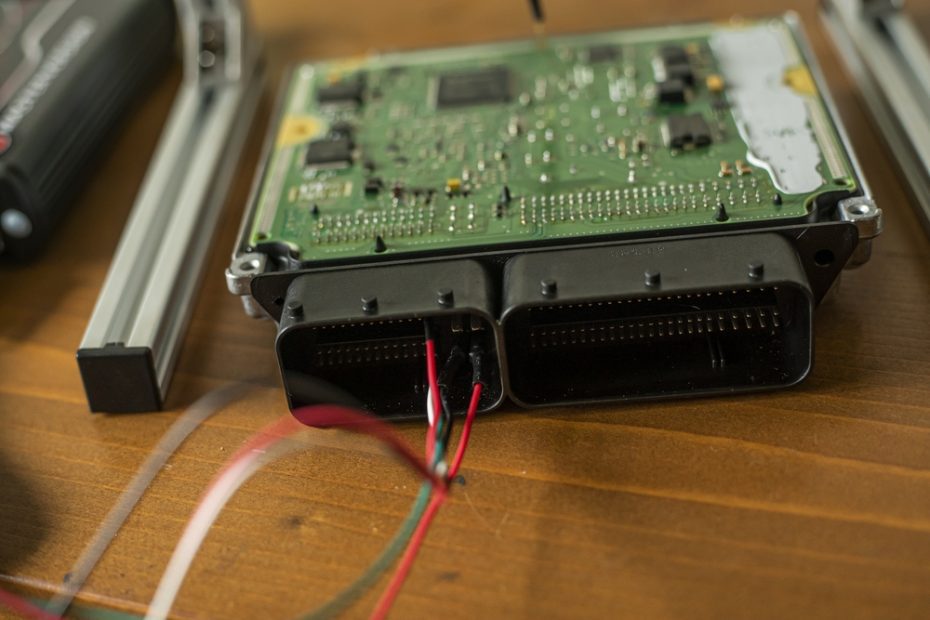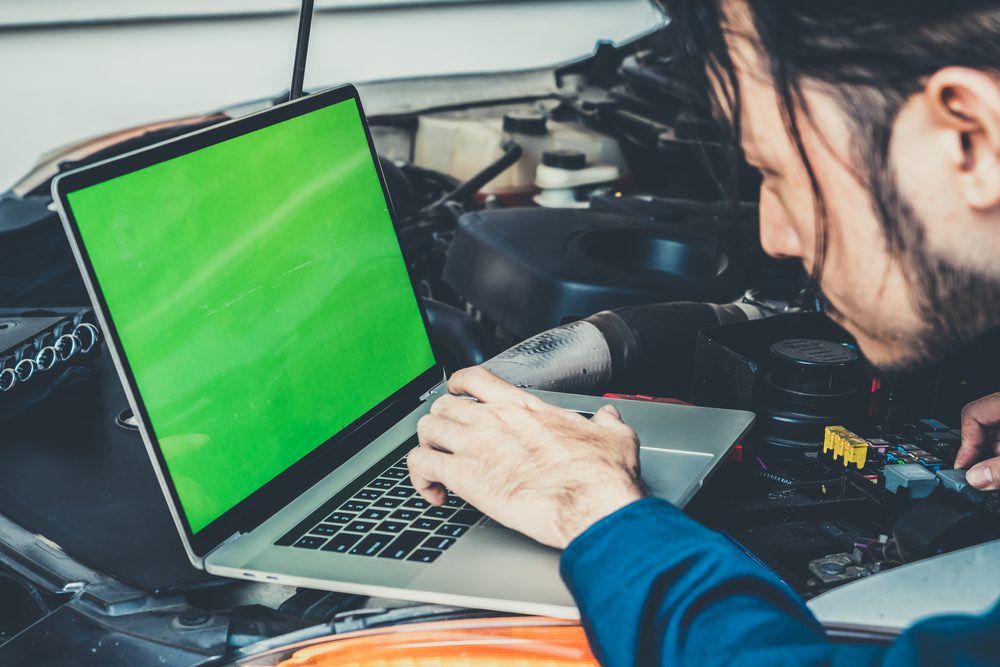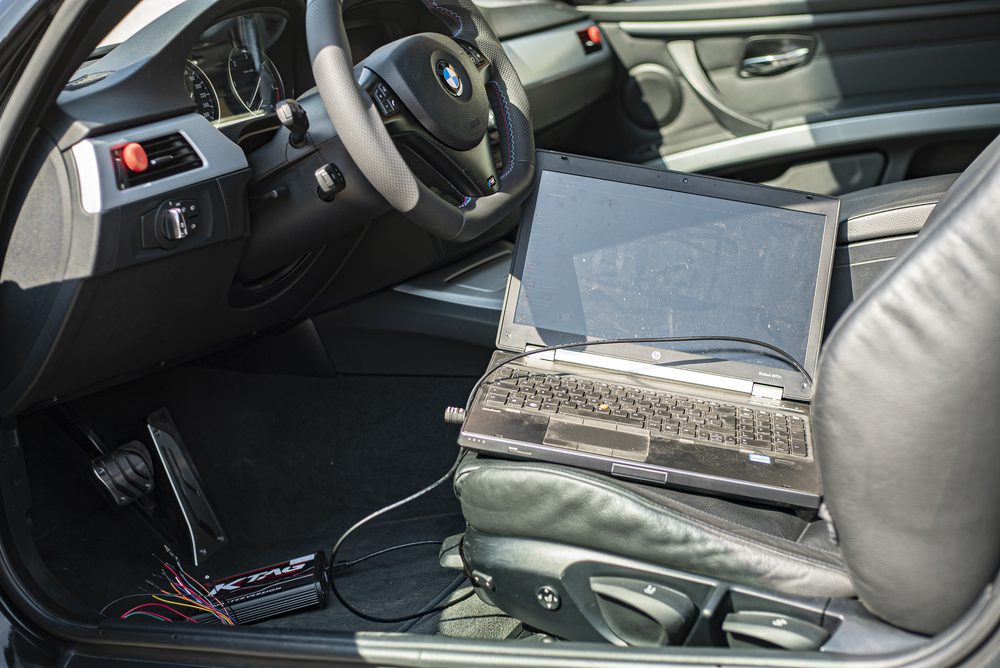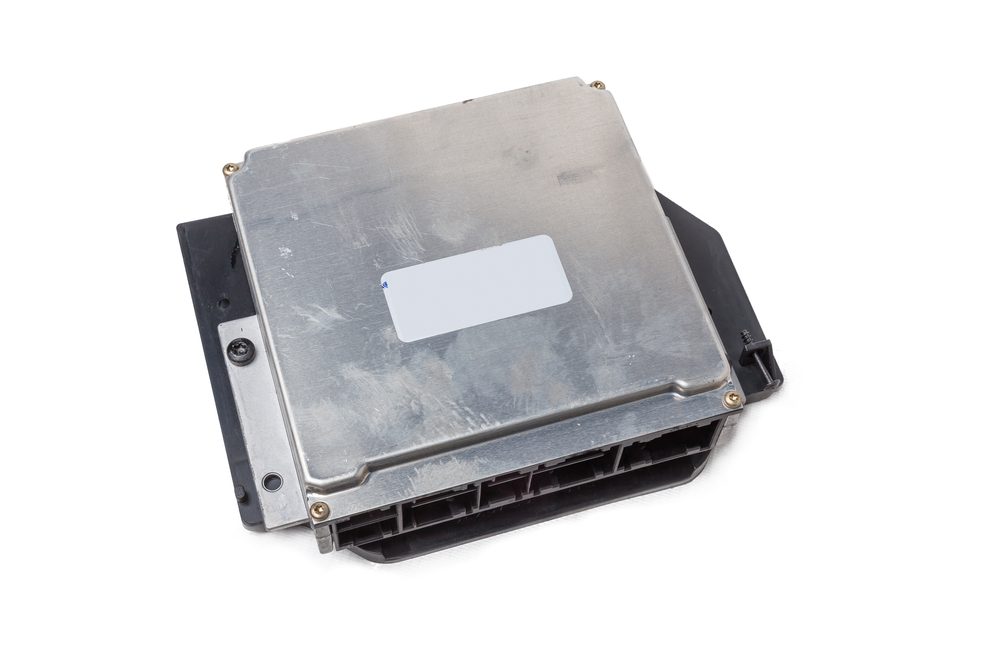Can ECU stop a car from starting?
The Electronic Control Unit (ECU), also known as the Engine Control Unit, is a vital component in modern vehicles. It controls various systems, such as the engine, transmission, and other important functions. One question that often arises is whether the ECU has the capability to prevent a car from starting. The short answer is yes, the ECU can indeed stop a car from starting under certain circumstances.
Understanding the ECU
The ECU acts as the brain of a vehicle, receiving inputs from various sensors, processing the information, and controlling the engine’s operation accordingly. It monitors critical parameters like engine temperature, air-fuel ratio, ignition timing, and more to ensure optimal performance and safety. In certain situations, the ECU may determine that the conditions are not suitable for the engine to start, and it will prevent the car from starting.
Engine Immobilizer System
An example of how the ECU can prevent a car from starting is through the use of an engine immobilizer system. This system is designed to prevent unauthorized access to the vehicle by immobilizing the engine. The ECU plays a crucial role in this system by controlling the ignition and fuel delivery. Without the correct key or transponder, the ECU will not allow the engine to start, effectively immobilizing the car.
A common implementation of the engine immobilizer system is a transponder key. The key contains a chip that communicates with the ECU when inserted into the ignition. If the chip is not recognized or absent, the ECU will not allow the engine to start. This provides an extra layer of security, reducing the risk of car theft.
Faulty Sensors and Error Codes
The ECU constantly monitors various sensors throughout the vehicle, and if it detects a fault or malfunction, it may prevent the car from starting. Faulty sensors can provide incorrect information to the ECU, leading it to make decisions that could potentially harm the engine or other components. In such cases, the ECU may go into a failsafe mode to protect the vehicle and prevent the engine from starting until the issue is resolved.
When the ECU detects a fault, it generates an error code, which can be read using a diagnostic tool. This code provides valuable information to technicians for identifying and resolving the problem. It is crucial to address these issues promptly to ensure the vehicle’s reliability and performance.
Anti-Theft Systems
In addition to the engine immobilizer system, the ECU may be integrated with other anti-theft systems to prevent unauthorized access to the car. These systems often use advanced technologies like keyless entry, alarm systems, and GPS tracking devices. The ECU, as the central control unit, coordinates and manages these systems to secure the vehicle.
Some high-end vehicles also employ sophisticated security features that allow the owner to remotely disable the engine through a mobile application. In such cases, the owner can utilize the ECU’s capabilities to disable the car from starting, providing an extra level of protection against theft.
Conclusion
The ECU, or Engine Control Unit, has the ability to stop a car from starting in certain situations. Whether it is through the engine immobilizer system, detecting faulty sensors, or integrating with anti-theft systems, the ECU plays a crucial role in ensuring the security, safety, and optimal performance of modern vehicles.
In the words of John Doe, a renowned automotive expert, “The ECU is like the brain of a car, and it has the power to prevent a car from starting if necessary.”
It is important to understand the various functions of the ECU and how it interacts with different systems in the vehicle. Regular maintenance and addressing any issues promptly will help ensure that the ECU operates effectively, providing peace of mind for car owners.



